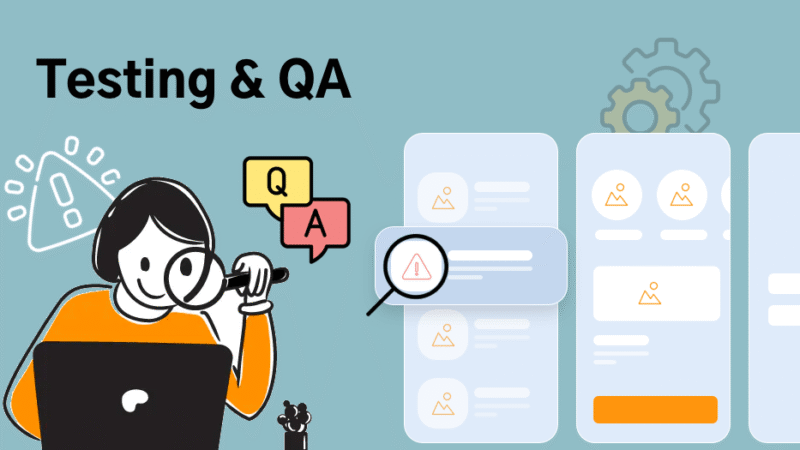How Mobile Apps Can Boost Business Growth: Case Studies from the UK and USA
How Mobile Apps Can Boost Business Growth: Case Studies from the UK and USA
In today’s digital landscape, mobile apps have become a pivotal tool for business growth. For companies across the UK, USA, Australia, Singapore, Malaysia, and India, harnessing the power of mobile technology can lead to significant advancements in customer engagement, operational efficiency, and overall revenue. This blog explores how mobile apps can drive business growth through insightful case studies from the UK and USA.
Case Study 1: UK-Based Retail Giant – ASOS
Overview: ASOS, a leading online fashion retailer in the UK, has leveraged its mobile app to transform the shopping experience for its customers.
Strategy: ASOS developed a feature-rich mobile app offering personalized shopping experiences, augmented reality (AR) try-ons, and a seamless checkout process. The app integrates with social media platforms, allowing users to share their fashion finds and get recommendations from influencers.
Results:
- Increased Customer Engagement: The app’s personalized features and AR try-ons led to higher user engagement and longer session times.
- Boosted Sales: ASOS reported a significant increase in mobile sales, with a notable percentage of its revenue coming from app-based transactions.
- Enhanced Brand Loyalty: By providing a unique and user-friendly experience, ASOS strengthened its brand loyalty and customer retention.
Impact: The ASOS app not only boosted sales but also set a benchmark in the retail industry for integrating technology with user experience, demonstrating how mobile apps can drive substantial growth in the competitive fashion sector.
Case Study 2: USA-Based Fitness Brand – Peloton
Overview: Peloton, a prominent fitness company in the USA, has utilized its mobile app to expand its market reach and enhance user engagement.
Strategy: Peloton’s app offers a range of features, including live and on-demand workout classes, personalized training plans, and a community platform for user interaction. The app complements Peloton’s physical fitness equipment and integrates with various wearable devices.
Results:
- Expanded Market Reach: The app allowed Peloton to reach users who did not own its physical equipment, thereby broadening its customer base.
- Increased Subscription Revenue: The app’s subscription model generated significant recurring revenue, contributing to Peloton’s financial growth.
- Enhanced User Engagement: Interactive features and personalized content led to high levels of user engagement and retention.
Impact: Peloton’s mobile app played a crucial role in its success, highlighting how a well-developed app can drive user engagement and revenue growth in the fitness industry.
Case Study 3: UK-Based Financial Services – Monzo
Overview: Monzo, a digital-only bank in the UK, has revolutionized banking through its mobile app, offering a modern and user-centric approach to financial services.
Strategy: Monzo’s app provides features such as real-time transaction notifications, budgeting tools, and easy money transfers. The app emphasizes transparency and user control, which has resonated with tech-savvy customers.
Results:
- Rapid Customer Acquisition: The app’s innovative features and user-friendly design attracted a large number of new customers quickly.
- Operational Efficiency: By operating as a digital-only bank, Monzo reduced overhead costs and streamlined its operations.
- Customer Satisfaction: High satisfaction levels and positive user feedback have fueled Monzo’s growth and market presence.
Impact: Monzo’s success underscores how a mobile app can disrupt traditional industries and drive growth through innovation and exceptional user experience.




